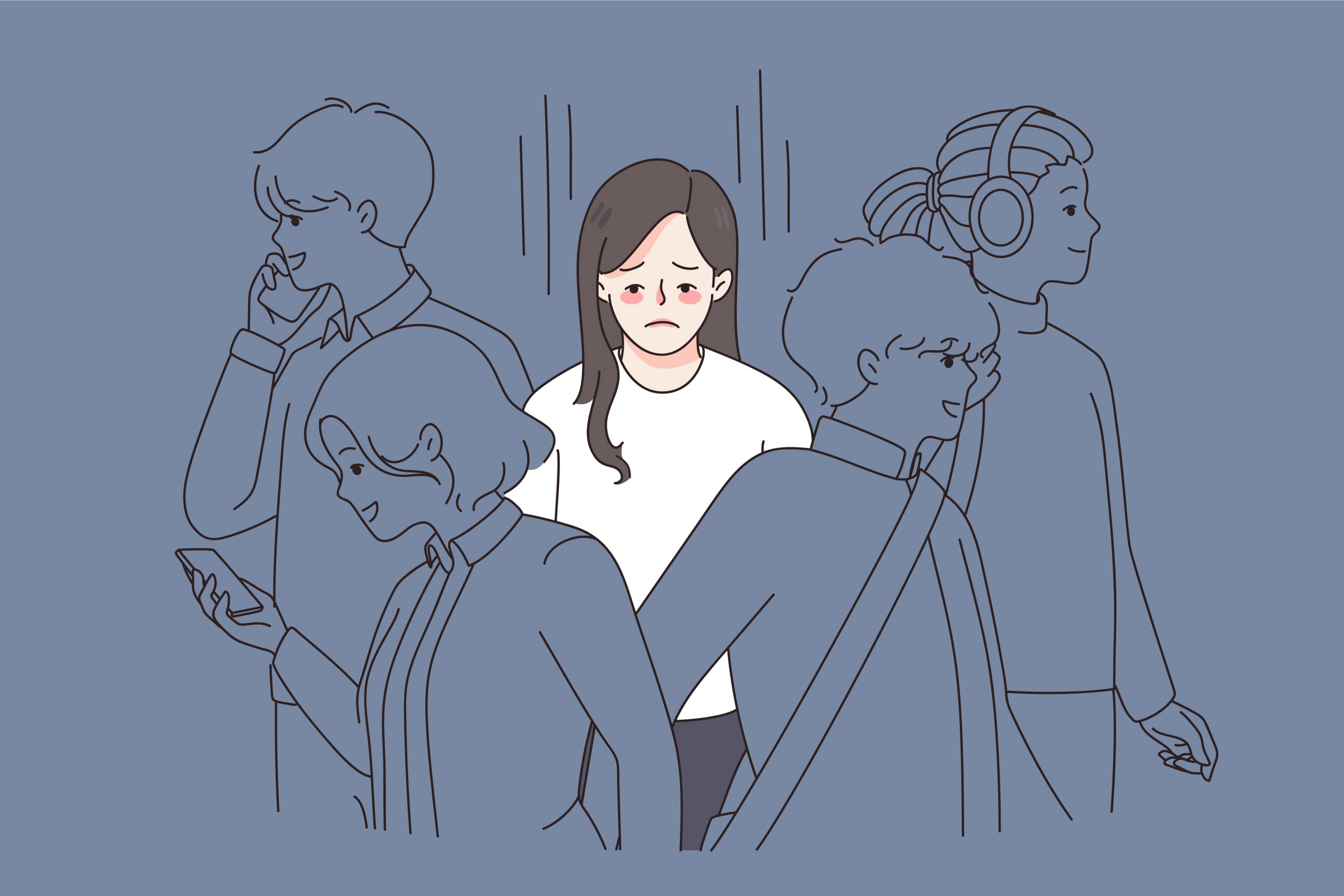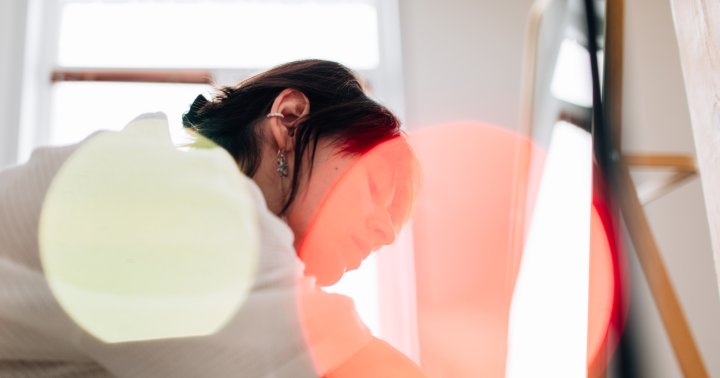A Sleep Specialist's Top Tips For Avoiding Daylight Saving Grogginess
If ever there was a week to pay attention to your sleep, this is it.


Sure, Valentine's Day and Halloween are fun, but World Sleep Day (March 18) is basically our holiday of choice over here at mbg. We're celebrating with a week full of tips to help you achieve the restorative rest you've been dreaming of. Brew a cup of tea and get cozy, because Sleep Week is officially here.
The sunset will be an hour later today—welcome news for those of us in the Northern Hemisphere growing weary of winter. Spring forward is an exciting time to soak up more sun (and that all-important vitamin D) and get ourselves moving outdoors again. But it's also an adjustment period that can take a temporary hit on our sleep. Here, clinical psychologist and board-certified sleep specialist Michael J. Breus, Ph.D., explains why the time change might throw off your week and how to get back on track quickly.
Why spring forward can mess with sleep.
Most of us lose between 40 and 60 minutes of sleep every time the clock turns forward; one reason why a growing chorus of health care professionals is petitioning to switch over to a fixed year-round time.
Breus notes that while an hour of sleep loss might not seem like a lot, it's certainly enough to negatively affect our energy levels and mood. Especially if you had any sleep debt going into this weekend, you'll likely feel groggy and irritable heading into the coming week. "There's no way around it," he tells mbg. "You are losing an hour, so you are likely making a bad situation worse."
This time change can also be an unwelcome surprise for our body's circadian rhythm. This biological clock that sits in the brain's hypothalamus dictates the timing of our sleep-wake cycle (when we feel tired and awake) and other key processes like appetite. To stay on track, it relies on cues from natural sunlight and darkness. While a small change in light-dark timing is no big deal, an hour shift can confuse our internal timekeeper and cause us to feel a little off. Breus equates it to the funny feeling we may get when traveling one time zone away.
What to do to get back on track.
In an ideal world, you spent last week preparing for spring forward by going to bed 15 minutes earlier every night. If that didn't happen, no big deal. Here are some quick ways to help your body adjust now that the clocks have changed:
If ever there was a week to pay attention to your sleep, this is it! Sleep Awareness Week in the U.S. coincides with the aftermath of spring forward—a time when we could all stand to prioritize high-quality rest with strategically timed light exposure, strict wake-up habits, soothing nightly routines, and maybe a sleep-supporting gadget or supplement to really set the tone for a lively spring.*
https://www.mindbodygreen.com/articles/spring-forward-adjustment-tips

 Tekef
Tekef 
































